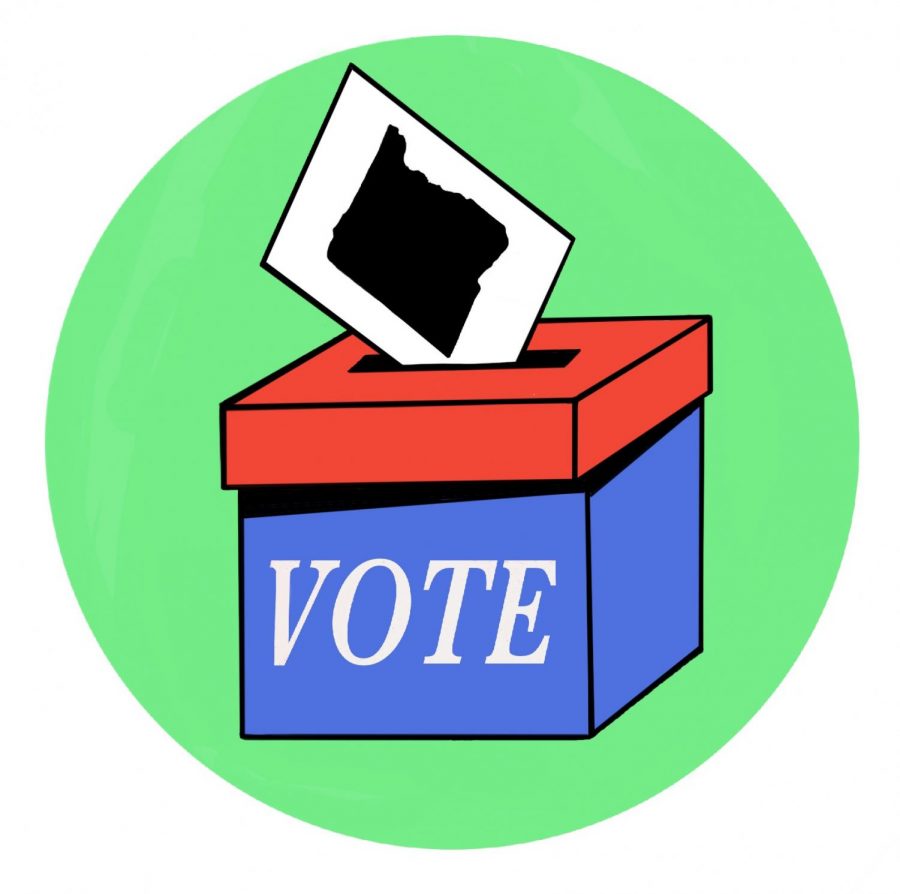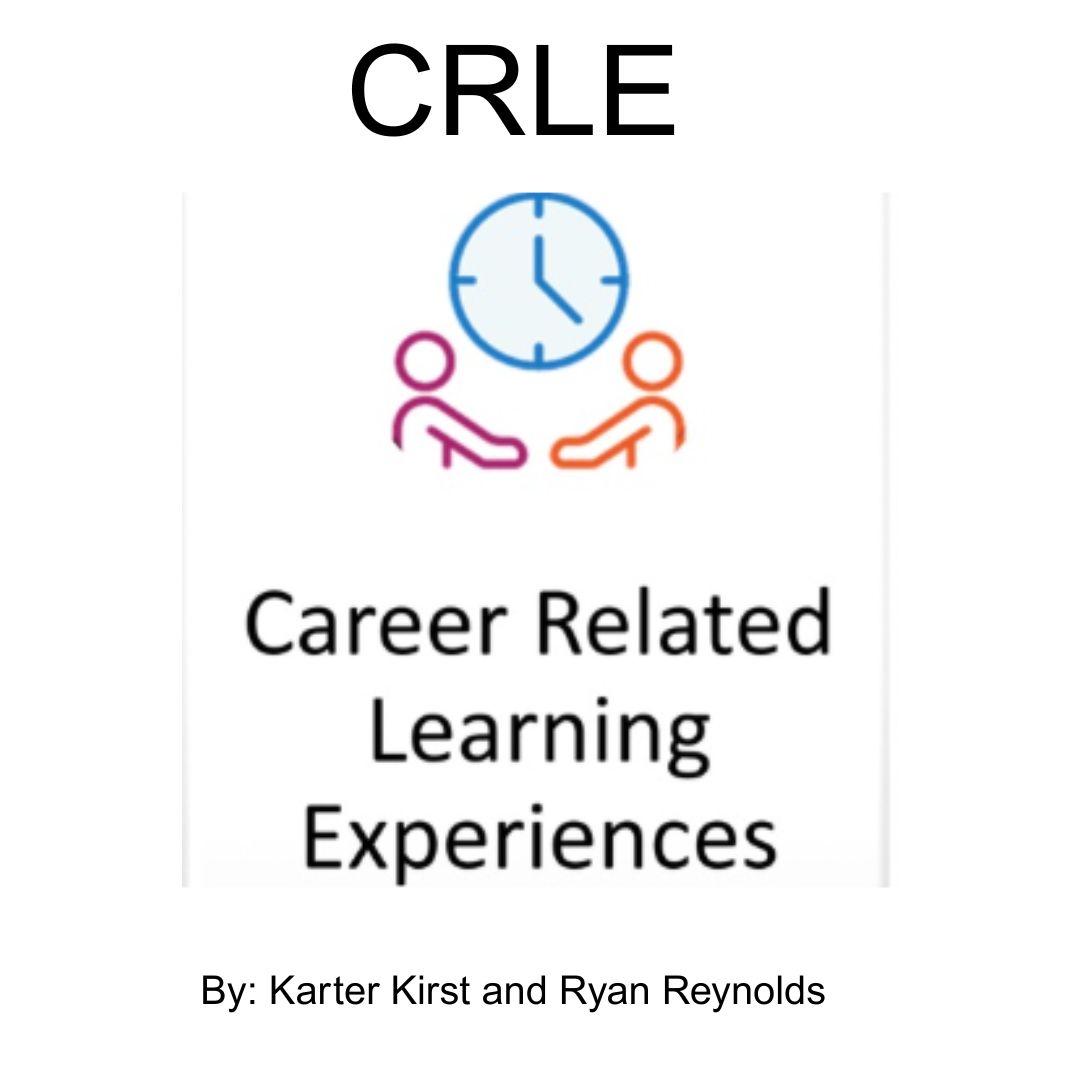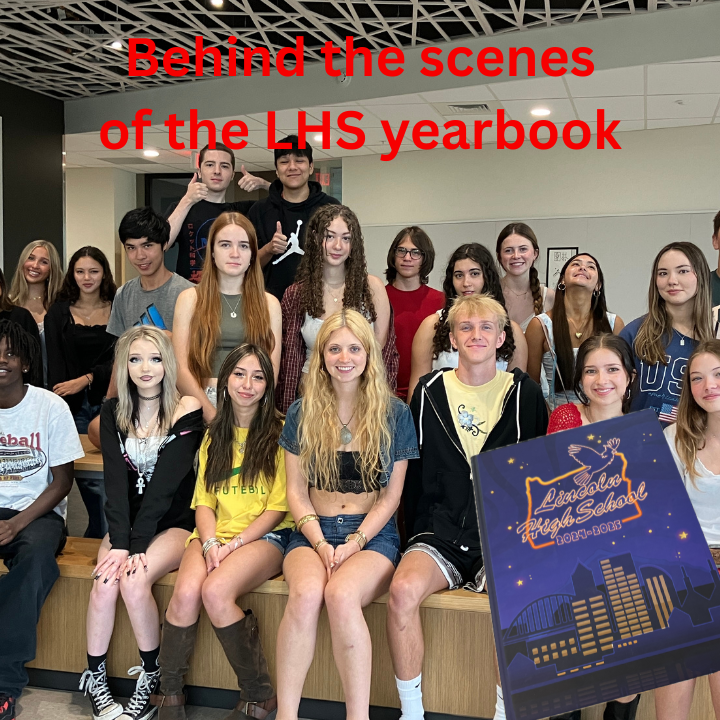Staff essay: 16 year olds should vote in local elections
Reporter Owen Adams discusses why 16-year-olds should be able to use their voice to vote in local elections.
September 30, 2021
Voting in America is complex and problematic. Sure, a U.S. history textbook may tell you that America was founded to break Britain’s oppressive chains or that our forefathers brought peace and representation to the land through democracy. While I frankly don’t have the space here to unravel the truth in that or the socio-political climate of America today, it is possible to examine a problem closer to home: local elections. More specifically, should 16-year-olds be allowed to vote in them?
Currently, you can vote in all U.S. elections at 18. However, there’s a big issue with this. Think about what’s happening at that age. By the time you turn 18, you could have already graduated high school and moved away, or be in your senior year, juggling college applications and mountains of homework, IB testing and whatever else comes your way.
What’s bad here is that a lot of teens are either too busy to utilize their newfound right to vote on laws that directly affect them and their communities, or they’ve left the state for college and can’t do so any longer.
This is, of course, troubling to hear. As a 16-year-old writing this, I know that by the time I am 18, I might be packing for college. As most students at Lincoln are under the age of 18, I would hope that at least some of them care about this city and want to have the option to vote on its present and future; I’d hope they would like the power to make positive change in our community.
So what can be done? Maryland passed a bill allowing anybody of 16 years or older to vote in all local elections, which has currently been adopted by 5 cities. Sacramento, Calif. has allowed 17-year-olds to do the same. The list of towns and states that have passed bills similar to these has been growing for years now.
But why lower the voting age in the first place? Well, let’s look at Austria, a country which has had its federal voting age set at 16 for over a decade now. On this large scale, Austria has seen a mass increase in voter participation and a higher turnout rate for 16 and 17-year-old voters than when their voting age was set at 19. When 16-year-olds start voting at such an early age, they also develop a habit and continue to vote frequently for years to come. In every place where the voting age has been lowered, the same has been found. Young people want to vote and participate in democracy.
I advocate for Portland to let them do so. Portland is a progressive city filled with young and passionate individuals. Take the climate march from two years ago as an example. Lincoln students poured out onto the streets and protested the government to take action against the growing threat of climate change. I remember being there as a freshman and listening to student after student criticize our local government for one reason or another. Imagine if every one of those students at the march that day now had the power to vote and elect progressive and influential leaders that represented more radical and progressive change.
At a more local level, each student reading this paper, and more, could turn out to a school board election and vote on what goes on in the very buildings where they spend most of their time over the course of a year. Should Portland Public Schools (PPS) be funneling thousands of dollars into Chromebook distribution? Dress code policy changes? Funding for after-school programs? If we were able to vote, we could actually have a say in matters that directly impact us on a daily basis.
If change is to be made, it will be made by the youth; change must happen now, at this pivotal moment in history in which we are all living.




